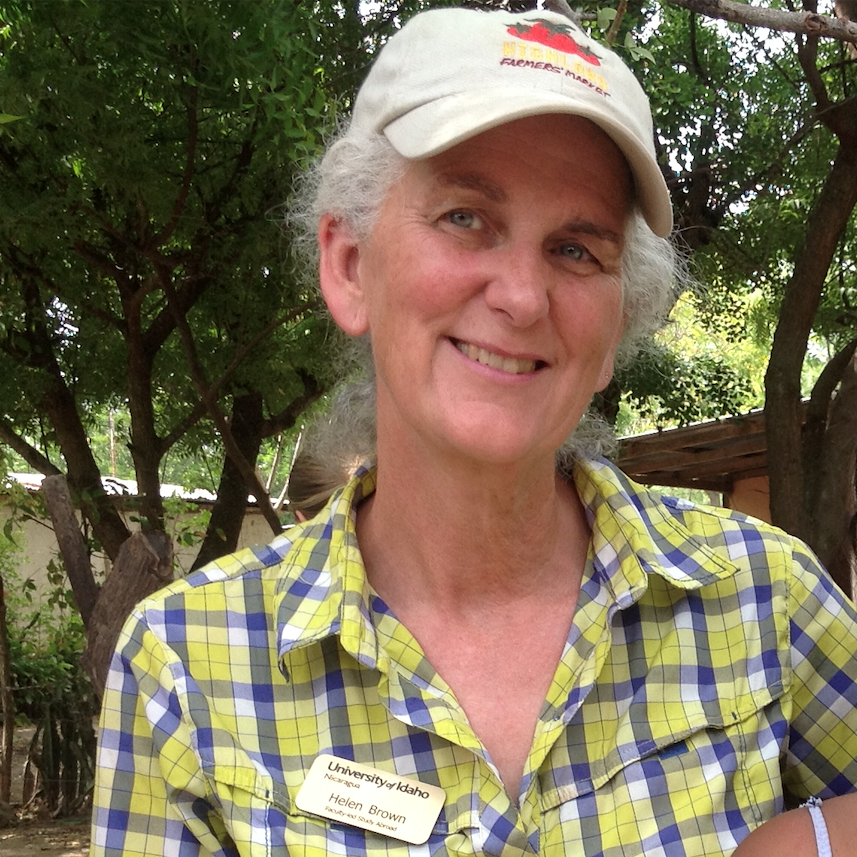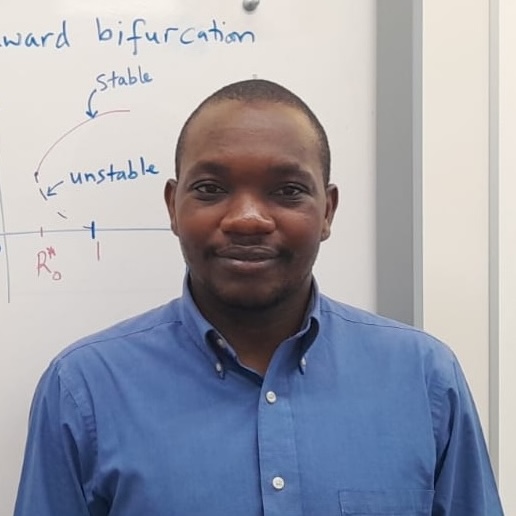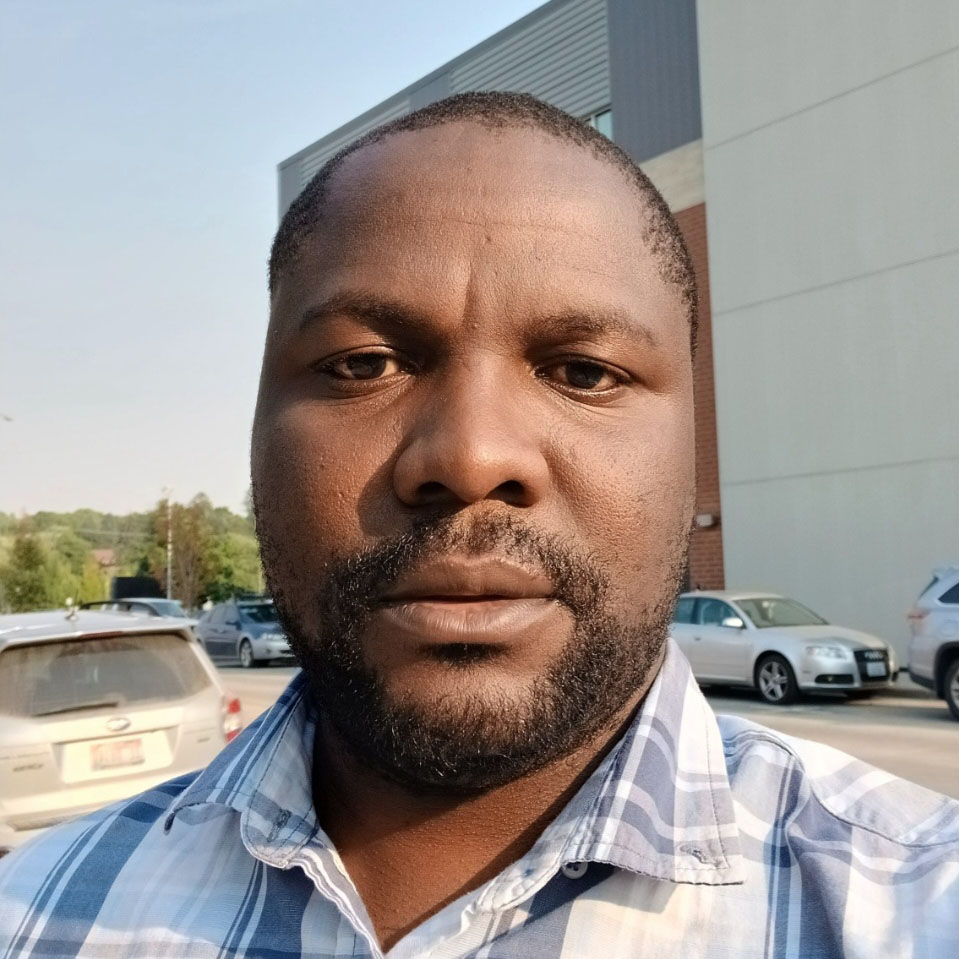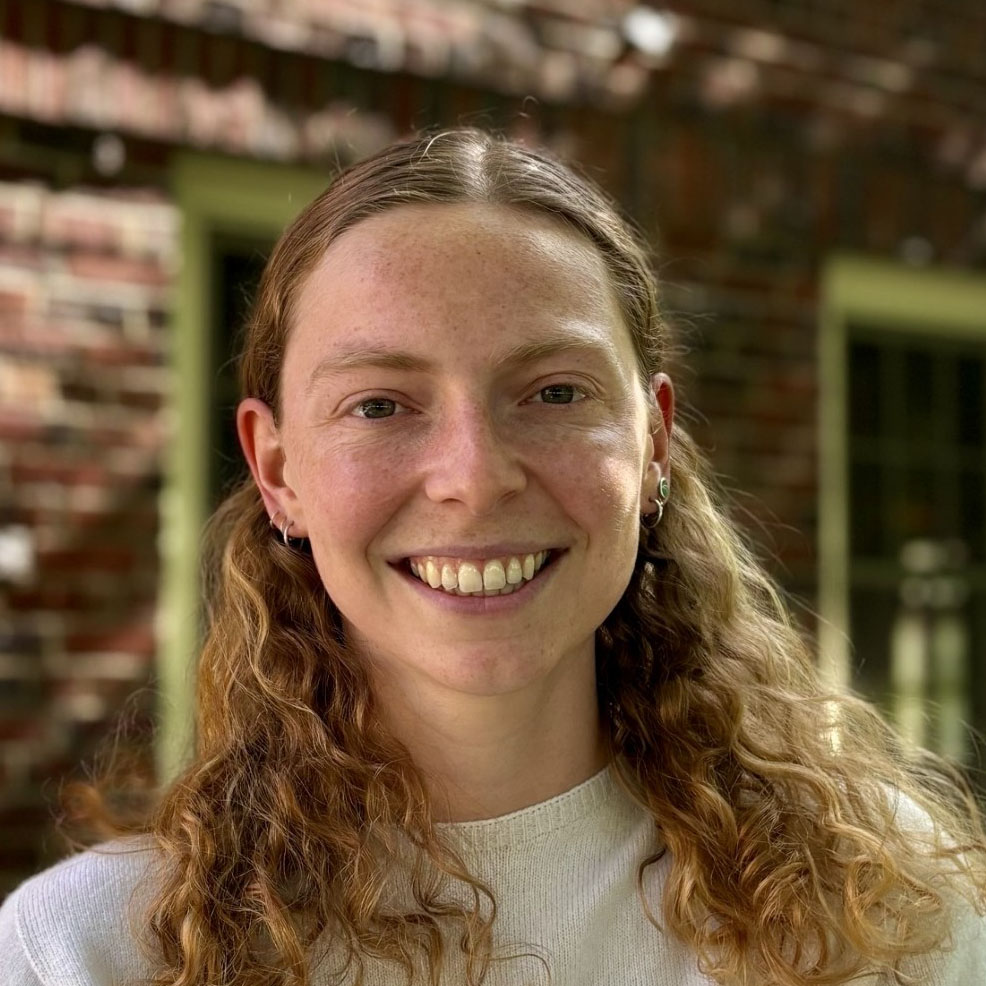Erich Seamon, Ph.D.
Assistant ProfessorDepartment of Design and Environments
Erich Seamon is a quantitative climatologist and data scientist, who has an appointment as an Assistant Professor at the University of Idaho’s Department of Design and Environments. Dr. Seamon has a M.S. in geological sciences from Bowling Green State University and a Ph.D. in Natural Resources from the University of Idaho, with a focus on climatological analysis, machine learning, and agricultural processes. His research focuses on statistical modeling techniques to explore natural system spatiotemporal relationships, with a particular focus on climatological impacts and their varying conditional relationships to areas such as agriculture, insurance, human health, and socio-ecological feedback systems. He additionally integrates his research with differing spatiotemporal visualization methods, including Mixed and Augmented Reality (MR/XR). He is currently a co-PI on the University of Idaho’s 5-year 6M EPSCoR Track 2 funded climate and underserved populations project (https://wherewelive.org), as well as senior personnel on Idaho’s 5-year 20M EPSCoR Track 1, which focuses on climate associations to water and energy systems (https://idahocrews.org).
Helen Brown
Clinical Associate ProfessorPublic Health and Nutrition, Exercise, Sport, and Health Sciences
Helen Brown has over 30 years of public health experience, as a nutritionist and public health generalist. She focuses on community engaged scholarship to assess, plan, and evaluate public health interventions. She leads the UI working group, Modeling Idaho Health that develops small area estimates (SAE) modeling project to identity health risk factors in Idaho counties and communities. Helen’s commitment health and justice helps inform the models that are created with this project and drives the dissemination of the results to public health leaders, change agents, and the general public.
Haifeng (Felix) Liao, Ph.D.
Associate ProfessorEarth and Spatial Sciences, University of Idaho
Felix Liao is an Associate Professor of GIS and Urban (Transportation) and Human-environment Geography at the University of Idaho, with a Ph.D. in geography from the University of Utah. His expertise includes GIScience, and spatial analysis and modeling, as well as their applications across various fields such as transportation, land use, health disparities, environmental change, sustainable agriculture, and urban and regional planning. In his current research on maternal health, Felix is focused on mapping and modeling access to maternity care in Idaho and nearby states.
Tinashe Gashirai, Ph.D.
Postdoctoral FellowUniversity of Idaho
Tinashe Byron Gashirai was conferred with a DPhil degree in Applied Mathematics by the National University of Science and Technology (NUST), Zimbabwe, in November 2022. He is also holder of an MSc in Applied Mathematical modeling (NUST) and a BSc in Applied Mathematics (NUST) which he completed in 2013 and 2011 respectively. He joined the Institute for Modeling Collaboration and Innovation (IMCI), on the 20th of February 2024. He enjoys conducting research that attempts to solve real-life problems through the application of mathematical modeling techniques and statistical methods.
Farirai Rusere, Ph.D.
Postdoctoral FellowUniversity of Idaho, Center for Resilient Communities (CRC)
Farirai is a multidisciplinary researcher specializing in rural socio-ecological systems. He holds a PhD in Environmental and Geographical Science from the University of Cape Town. He has expertise in agriculture, agroecology, agricultural meteorology, climate change, and statistical, crop, and socio-ecological systems modeling. His aspiration is to enhance food security, human well-being, and environmental sustainability through quantitative and socio-technical approaches that engage stakeholders and address their needs.
Mairin Rogers
PhD StudentUniversity of Idaho
Mairin is a first year Geography PhD student under Dr. Alistair Smith and Dr. Erich Seamon. Her research centers around climate adaptation in rural communities. She holds a master’s degree in Geography from the University of Galway with a focus on coastal and marine environments.
Scott Campbell
PhD StudentUniversity of Idaho
Scott is a first-year PhD student studying pyroecophysiology with an emphasis in Data Science and predictive modeling. He has a Masters in Business Administration from Missouri State University and currently works for Dr. Alistair Smith at the Idaho Fire Initiative for Research and Education (IFIRE) lab. His passions lie in sand volleyball, logger sports, surfing, and tropical travels.
Past Team Members
Mohamed Megheib, Ph.D.
Postdoctoral FellowInstitute for Modeling Collaboration and Innovation (IMCI)
Mohamed Megheib is a statistician and data scientist, who is working as a postdoctoral fellow in Institute for Modeling Collaboration and Innovation (IMCI). Mohamed holds a Ph.D. and a M.S. in Statistics from George Washington University; a M.S. in Statistics from Cairo University; and a B.Sc. in major of Statistics and minor of Economic from Cairo University. He has over 10 years of experience in applied statistics, as a statistician at different international and local organizations. His research areas are parametric and nonparametric modelling, modelling of correlated data, spatial statistics, composite indicators, designing questionnaires, survey research, model comparison, misspecification, Bayesian inference, econometrics and applications of statistics in social sciences.








